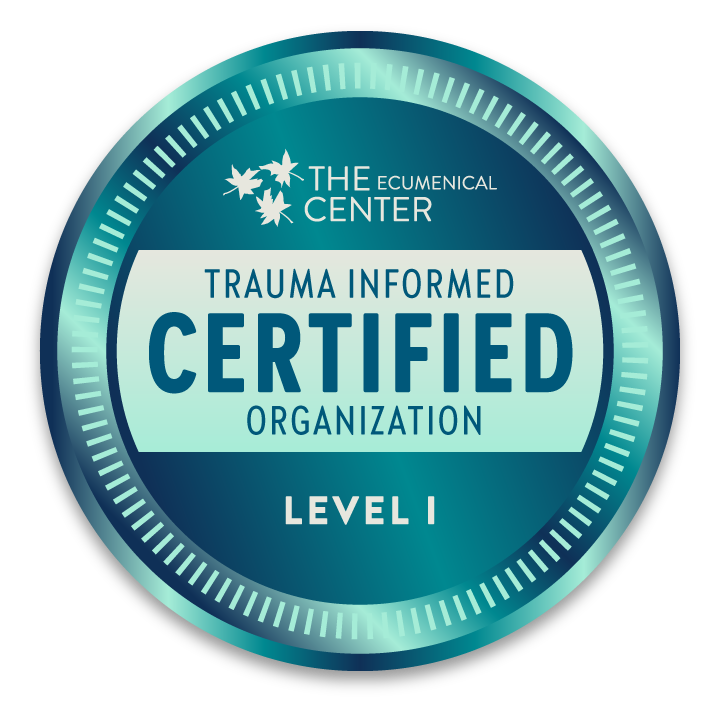At the age of 4, authorities removed from her birth mother due to severe neglect and domestic violence, relocating her to a foster home.
Lindsay’s aggressive behavior raised concerns among her foster parents, who worried she could potentially harm their newborn on the way. After nine months of Lindsay being a part of their family, the foster parents disrupted her placement because of her behavior.
Just as suddenly as she had been removed from her birth mother, Lindsay was uprooted from her first foster home. Once again, she found herself with “new” strangers. The new foster parents, Shelly and David, had successfully raised several children to adulthood. Although this was their first time fostering, they believed that parenting now 5-year-old Lindsay would be manageable given their prior experience.
Within 24 hours of Lindsay arrival, they realized their assumptions were incorrect; gripped by fear, Lindsay’s behavior vacillated from intense aggression to complete withdrawal.
Shelly and David struggled to figure out how to effectively parent her. While they anticipated challenges in foster parenting, they didn’t foresee feeling disheartened within the first two days. Adding to their difficulties, they were one week into the COVID-19 pandemic shelter-in-place order, and disrupting Lindsay’s usual daycare routine.
By the end of the first week, Lindsay’s uncontrollable behavior led to her admission to a psychiatric hospital, as she posed a significant risk of self-harm. Shelly and David questioned whether they could welcome her back home after her hospital release. They felt unprepared to parent what they called a difficult child.
Their agency recommended that they call Chosen for guidance in transitioning Lindsay home from the hospital and acquiring parenting techniques to help her communicate without resorting to biting, kicking and throwing objects.
They completed assessments for Lindsay, revealing that eight of her nine trauma-related behaviors were clinically significant. Throughout Lindsay’s week at the hospital, their Chosen Care Manager worked with them every day, teaching trauma-informed parenting skills necessary for Lindsay’s healing. Reluctantly, they picked Lindsay up at the hospital.
Shelly and David now understood that Lindsay’s behavior wasn’t a deliberate attempt to cause trouble or mere brattiness. Chosen enlightened them on how neglect and abuse had impacted her brain and development.
They now recognized that Lindsay’s behaviors were her way of expressing, “I’m hurt. I’ve been rejected. I need someone to help me feel safe. I need people to show me that adults can be trusted.” Shelly and David realized that parenting Lindsay diverged from raising their biological children. With Chosen’s guidance, they adopted a fresh approach and new skills.
Implementing the transition home plan provided by their Care Manager, the first night home unfolded peacefully. The following morning saw the start of aggressive behaviors, but Shelly applied the new techniques to intervene before matters escalated. United in their parenting approach, David and Shelly also knew when to give each other breaks throughout the day.
While perfection remained elusive, their household’s atmosphere drastically improved using scientifically-backed techniques. As Shelly and David grew more confident in employing the skills imparted by their Care Manager, peace replaced chaos.
Three and a half months later, Lindsay’s aggressive behaviors had diminished. Expectations were high that the assessment levels that had once reached clinical levels would now fall within the normal range. Lindsay began extended visits with her birth mother, and Chosen began working with her mother to teach her the same skills. The aspiration was that, if reunification occurs, Lindsay’s birth mother would be equipped with the same language and skills.
Lindsay’s foster family told us that Chosen had been the most invaluable aspect of their fostering journey, without which they might not have persevered.
Chosen Walks Alongside the Caregivers
Every year, Chosen helps hundreds of adoptive families build bonds of trust. And we’re looking for partners to help heal their heartbreak. Your gift gives families the assurance they need to provide attachment and permanency for kids who desperately need it.
Looking for help? Get started here.
Looking to support a family? Give now.
* Names have been changed







